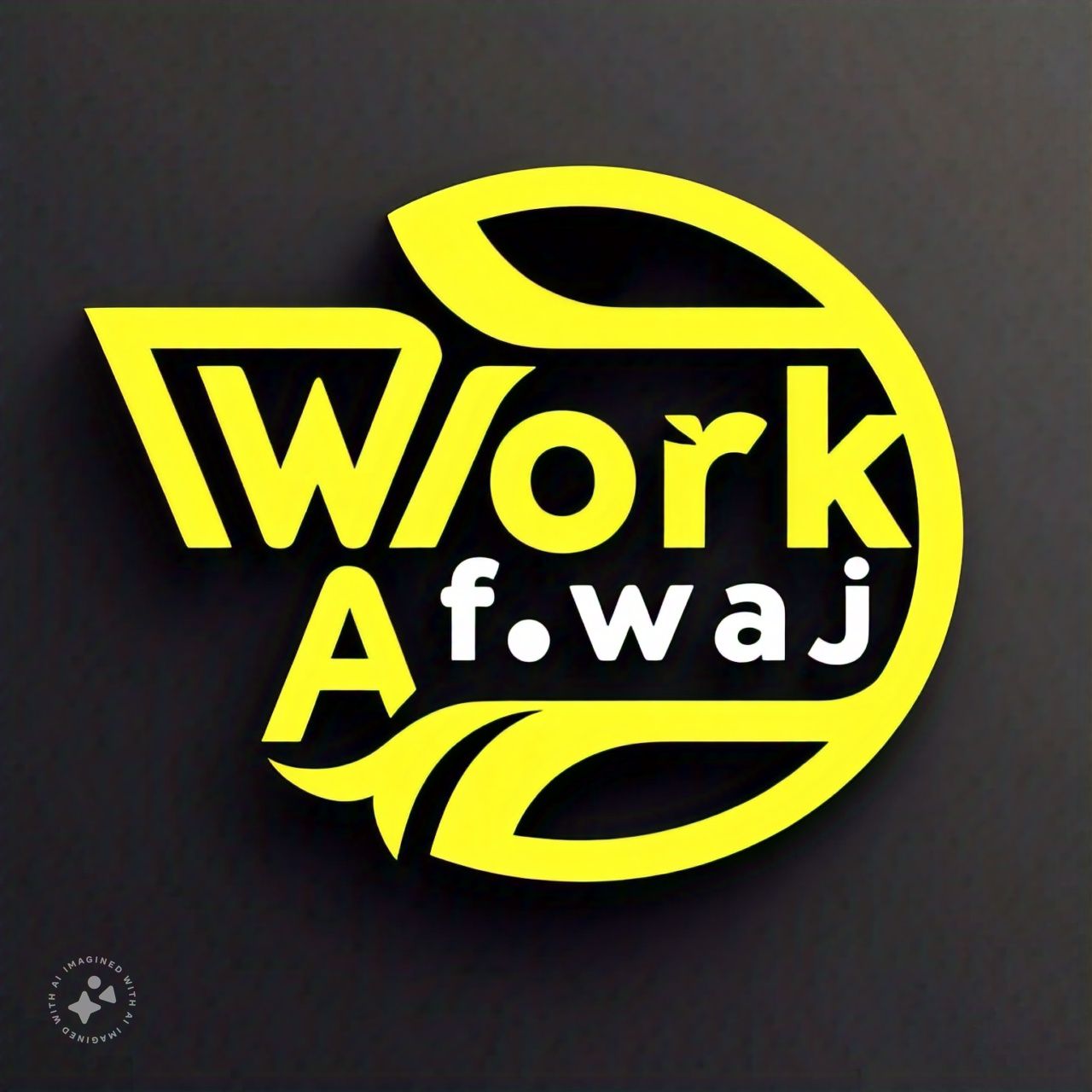The Instrument Technician position is a critical role in the oil and gas industry, responsible for ensuring that all instrumentation systems operate efficiently and safely. In a fast-paced, high-stakes environment like the one Madre Integrated Engineering operates in, this role ensures the smooth functioning of control systems, monitors equipment performance, and provides essential technical support. If you’re someone with a background in instrumentation and enjoy troubleshooting, calibration, and maintenance, this could be the perfect opportunity for you.
Key Responsibilities of an Instrument Technician
Calibrating and Maintaining Instrumentation Systems
As an Instrument Technician at Madre Integrated Engineering, your primary responsibility will be calibrating and maintaining various types of instruments and control systems. Calibration ensures that the instruments are accurate and function correctly, which is vital for the safety and efficiency of operations. Regular maintenance helps prevent breakdowns and prolongs the life of the equipment.
Troubleshooting Equipment for Optimal Performance
Troubleshooting is a key component of the role. You will conduct regular inspections of equipment, identifying any issues before they become major problems. Whether it’s a malfunctioning sensor or a faulty control valve, your ability to quickly identify and fix issues is critical in keeping operations running smoothly.
Documenting Maintenance Activities and Records
It’s not just about fixing problems—it’s also about documenting everything. Accurate records of maintenance activities and instrument performance are crucial for monitoring long-term equipment health. By maintaining detailed logs, you help ensure that there’s a historical reference to guide future decisions and actions.
Collaborating with Engineers for System Improvements
In this role, you will work closely with engineers and technical staff to implement improvements and upgrades to existing systems. By sharing your insights from hands-on experience, you’ll help optimize systems and keep the company ahead of the curve in terms of safety and technology.
Ensuring Compliance with Safety Standards
Safety is a top priority in the oil and gas industry, and as an Instrument Technician, you will be expected to comply with all relevant safety regulations and industry standards. This includes not only following procedures but also proactively ensuring that all equipment meets safety standards during every maintenance activity.
Developing Maintenance Schedules and Procedures
As part of the team, you will help develop schedules and procedures to ensure the proper maintenance of instrumentation. A well-structured maintenance plan can prevent costly downtime, improve reliability, and extend the life of the equipment.
Providing Technical Support and Training
In addition to your maintenance duties, you’ll provide technical support and training to junior technicians and other staff. Your expertise will be valuable in helping others understand and resolve technical issues, fostering a collaborative work environment.
Participating in Incident Investigations
While the goal is always to prevent issues, incidents may still arise. When they do, you will play a key role in investigating the cause and helping to develop preventive measures. Your hands-on experience with the equipment makes you an invaluable resource in such investigations.
Monitoring Inventory Levels of Spare Parts and Supplies
A technician’s work is only as effective as the parts and tools available. You will be responsible for monitoring inventory levels of spare parts and instrumentation supplies to ensure that replacements are on hand when needed, minimizing downtime.
Staying Updated with Technological Advancements
The world of instrumentation is ever-evolving, and part of your role will be to stay updated with the latest technologies and advancements. Being aware of new diagnostic tools or software allows you to continuously improve your processes and contribute to more efficient operations.
Required Skills and Qualifications for an Instrument Technician
Analytical and Problem-Solving Skills
An Instrument Technician must be highly analytical, able to diagnose problems, and find practical solutions quickly. Strong problem-solving skills are essential in this role to maintain smooth operations.
Strong Communication and Teamwork Abilities
In addition to technical skills, communication is key. You’ll need to collaborate effectively with engineers and other team members. Clear communication ensures that everyone is on the same page, whether it’s in troubleshooting, documentation, or improvement initiatives.
Detail-Oriented with Focus on Accuracy
Accuracy is essential when working with instrumentation, as even minor errors can have serious consequences. You must be detail-oriented and meticulous in your work, ensuring that calibration and repairs are completed correctly every time.
Ability to Work Under Pressure and Meet Deadlines
The oil and gas industry is fast-paced, and you may often need to work under tight deadlines. Your ability to stay calm and focused under pressure will ensure you meet objectives without sacrificing quality or safety.
Proactive Attitude Toward Safety and Compliance
A proactive approach to safety and compliance is crucial. By consistently following best practices and safety protocols, you will help prevent accidents and ensure that all equipment meets regulatory standards.
Strong Organizational and Time Management Skills
An Instrument Technician needs to handle multiple tasks and maintain a strict schedule. Strong organizational and time-management skills will help ensure that your duties, such as calibration, inspections, and documentation, are performed on time and efficiently.
Experience in the Oil & Gas Industry
While experience is not always a deal-breaker, having 3-5 years of experience in the oil and gas industry will make you a more competitive candidate. Familiarity with the types of instruments used in this industry and the ability to work in a high-risk environment is a significant advantage.
Proficiency in Using Diagnostic Tools and Software
Proficiency in using diagnostic tools and instrumentation software is another important qualification. These tools help you accurately assess equipment performance, troubleshoot issues, and maintain the high standards expected in the oil and gas industry.
The Work Environment and Team Collaboration
Working in a Fast-Paced and Dynamic Environment
The work environment for an Instrument Technician is fast-paced and dynamic. Working in the oil and gas sector means that you’ll be expected to adapt quickly to changes and challenges, ensuring that equipment and systems remain in optimal working condition.
Collaboration with Engineers and Technical Staff
You’ll collaborate with engineers and other technical professionals on various projects. This teamwork ensures that instrumentation systems are operating at peak performance and that any issues are resolved promptly.
Independent Work and Team Dynamics
While you will work independently for much of the time, the role also involves working as part of a team. Collaboration is key to solving complex problems and achieving operational excellence.
Why Madre Integrated Engineering is the Employer of Choice
Overview of Madre Integrated Engineering
Madre Integrated Engineering is a leading provider of technical staffing solutions, specializing in the oil and gas industry. With over a decade of experience, the company has established itself as a trusted partner for clients in need of highly skilled professionals.
Company Values and Mission
Madre Integrated Engineering is committed to delivering innovative, strategic workforce solutions that enhance business efficiency. Their mission is to help companies navigate the challenges of the oil and gas sector by providing skilled, reliable technicians.
Career Growth and Opportunities at Madre
At Madre, you can expect opportunities for career development and growth. With a supportive work environment and a strong commitment to employee success, the company is an excellent place to build a long-term career.
How to Apply for the Instrument Technician Position at Madre Integrated Engineering
Steps for Submitting Your Application
To apply for the Instrument Technician position, visit Madre Integrated Engineering’s careers page and submit your resume and cover letter. Be sure to highlight your relevant skills and experience, especially in calibration, troubleshooting, and safety compliance.
What Madre Integrated Engineering Looks for in Candidates
Madre values candidates with a solid background in instrumentation, strong problem-solving abilities, and excellent teamwork skills. They also seek individuals who are proactive about safety and compliance in the workplace.
Conclusion
The Instrument Technician role at Madre Integrated Engineering offers a fantastic opportunity to work in the thriving oil and gas industry. With responsibilities ranging from calibration to troubleshooting, you will play a key role in ensuring the safety and efficiency of operations. If you have the necessary skills and experience, applying for this position could be the next step in your career.
Frequently Asked Questions (FAQs)
- What are the working hours for the Instrument Technician role at Madre Integrated Engineering?
- The working hours are typically full-time during regular business hours.
- What qualifications are required to apply for the Instrument Technician role?
- A background in instrumentation, with 3-5 years of experience in the oil and gas industry, is preferred.
- Is prior experience in the oil and gas industry necessary for this role?
- While not mandatory, prior experience in the oil and gas industry is highly preferred.
- How does Madre Integrated Engineering support career development?
- Madre offers opportunities for training, skill development, and career growth within the company.
- What tools and software should an Instrument Technician be proficient in?
- Proficiency in diagnostic tools and instrumentation software is essential for this role.


Comments